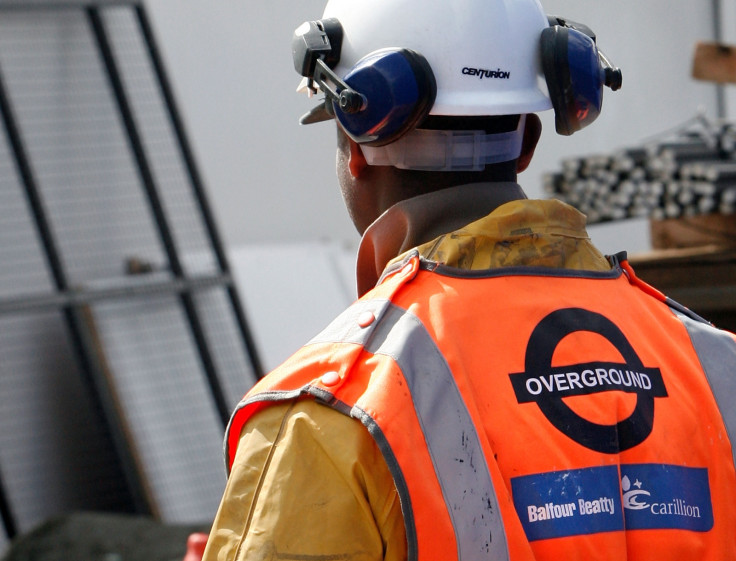Carillion shares plunge 60% after third profit warning in 12 months
Construction giant announces it will breach financial covenants as debts mount.

Shares in Carillion plunged by 60% early on Friday (17 November), after the construction firm issued another profit warning and admitted it could breach its financial covenants.
The London-listed company blamed the disappointing performance on delays to a project in the Middle East and slower than expected asset sales, adding its annual profit will be "materially lower" than forecast.
"Whilst we continue to target cash collections, reduce costs, execute disposals and focus on delivering for our customers, it is clear that significant challenges remain and more needs to be done to reduce net debt and rebuild the balance sheet," interim chief executive Keith Cochrane said.
The firm revealed it was in talks with shareholders to shore up its finances, hinting the process would include "some form of recapitalisation".
It is the third time in the last 12 months the company has cautioned on profits. Its latest warning, which was issued in July, coincided with the announcement of the departure of former chief executive Richard Howson, while the company had to write down £845m (€946.6m).
As a result, Carillion dropped out of the FTSE 250 index after its market capitalisation plunged from £1bn to just over £250m.
On Friday, the company added it now expects full year average net borrowing in 2017 to be between £875m and £925m.
Following discussions with its principal lenders, the group has agreed it is necessary to amend the relevant agreements to defer the test date for both its financial covenants from 31 December 2017 to 30 April 2018, by which time it expects to be implementing its recapitalisation plan.
Analysts were almost unanimous in suggesting the recapitalisation could prove to be a futile exercise, given the sorry state of the company's finances.
"Some investors might think this is the end, but Carillion is too big to fail," said Neil Wilson, senior analyst at ETX Capital.
"Government intervention is possible but this is a nightmare for ministers at such a sensitive moment for the economy.
"It was always a huge ask to get the house in order by the end of the year and it looks like, as we suggested in September ahead of the interims, any turnaround strategy would be too little, too late."
Nicholas Hyett, equity analyst, Hargreaves Lansdown, added: "The group has made some progress on asset sales, and it sounds like some cost savings are being made.
"It's not what the group expected though, and it's clearly not enough. It's also probably irrelevant given the state of the balance sheet, with net debt already many multiples of the group's market capitalisation."






















